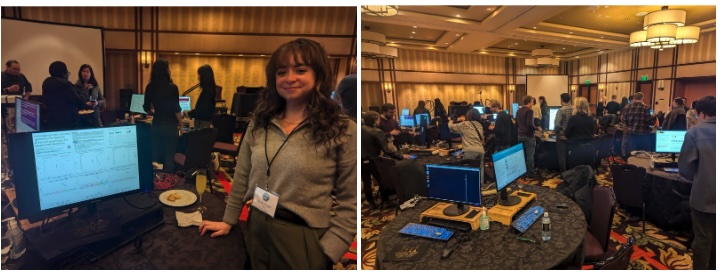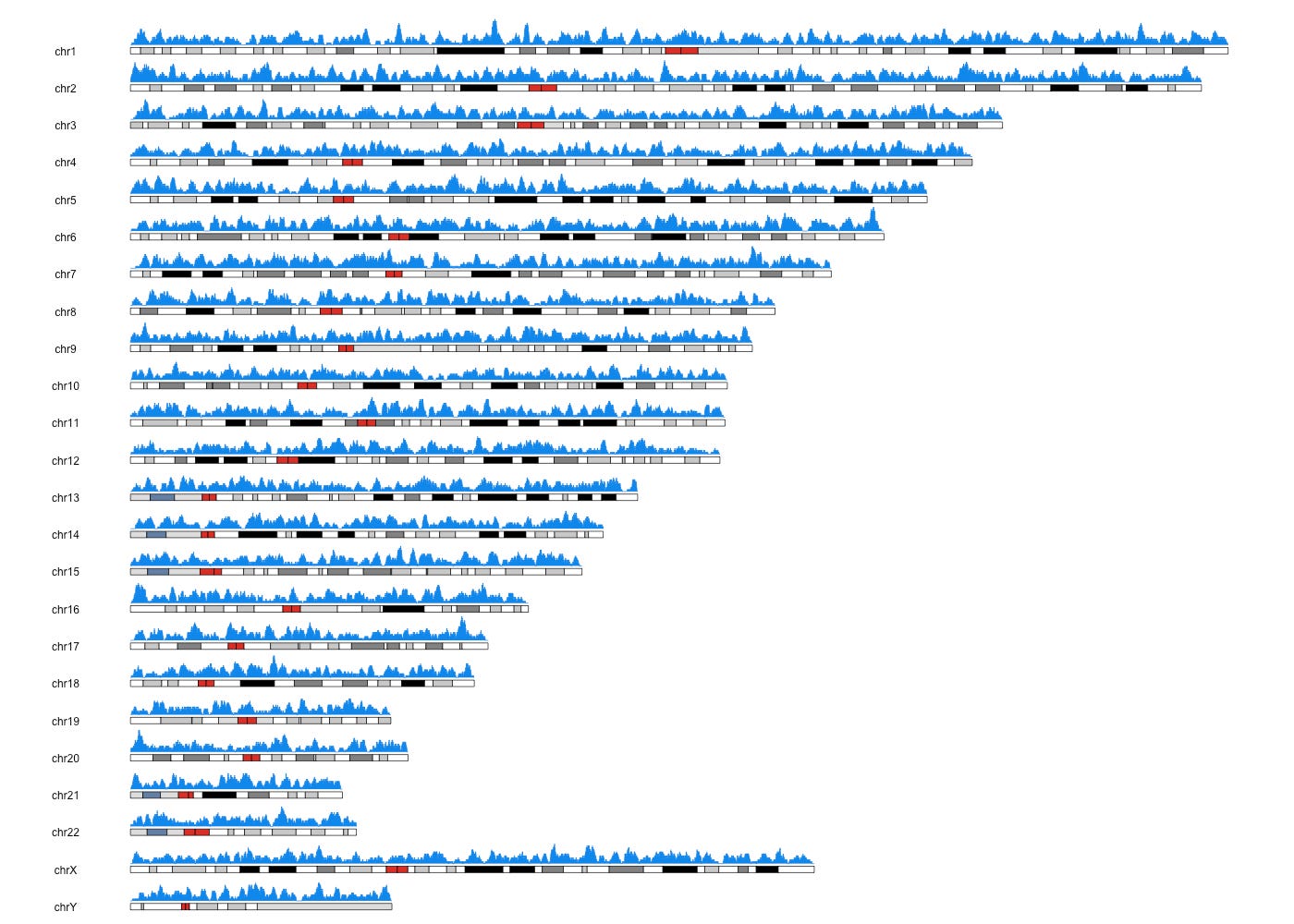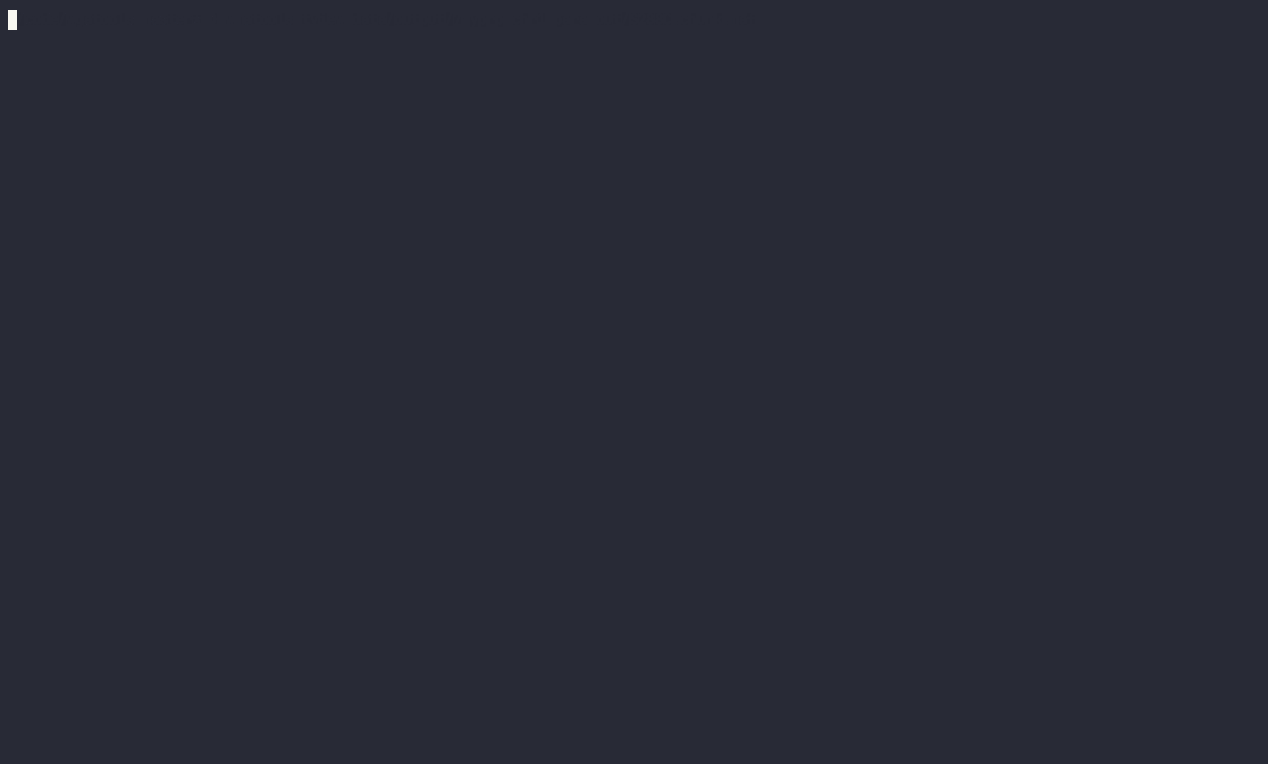
I’m thrilled to share the publication of our new paper published today in Nature Reviews Biodiversity : You can read the paper (free) here: https://rdcu.be/ewG5R.Read the paper (free) This Perspective paper was a global collaboration between Colossal Biosciences, the University of East Anglia, the Globe institute at the University of Copenhagen, the Mauritian Wildlife Foundation, Durrell Wildlife Conservation Trust, the government of





